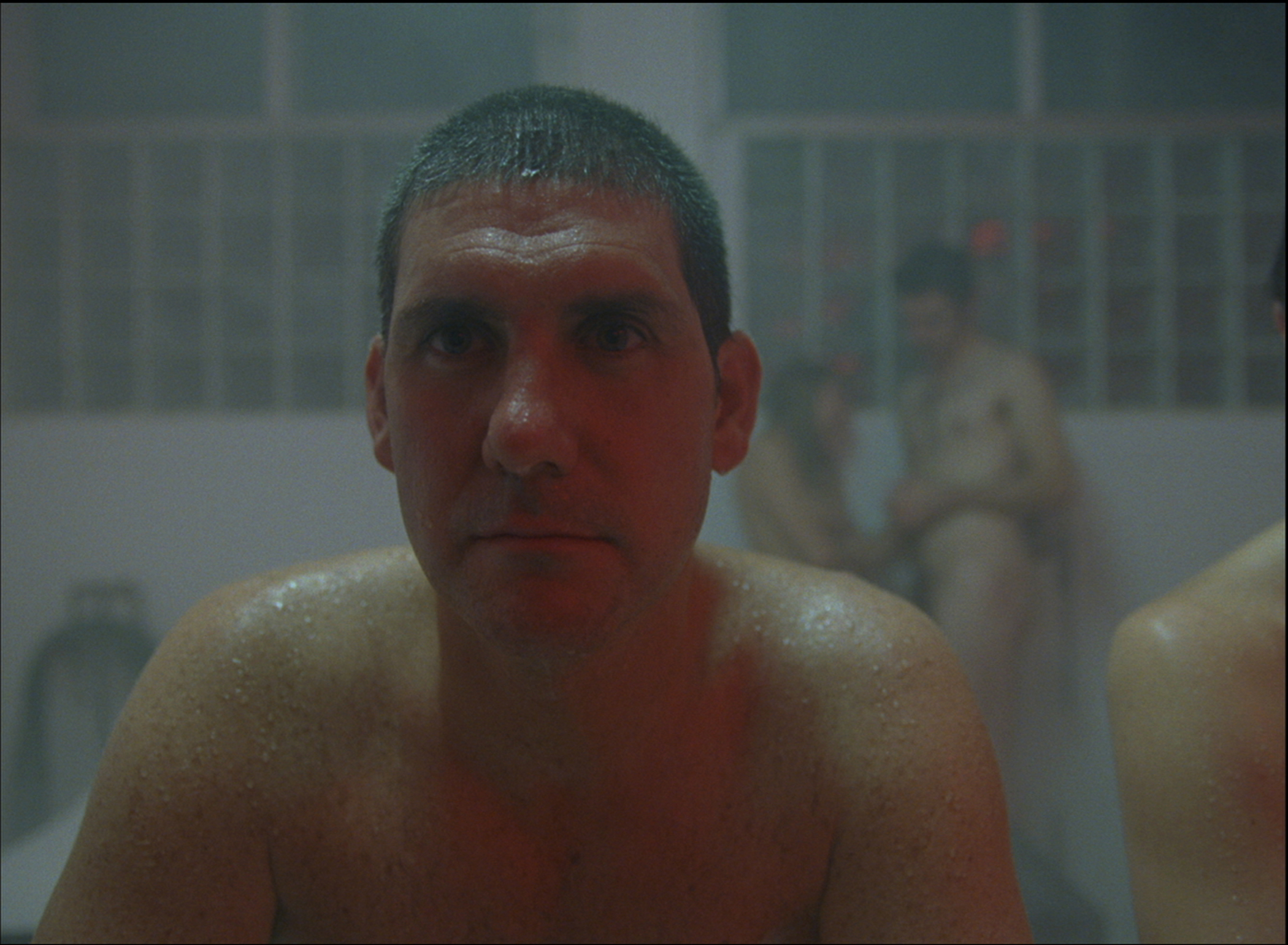Post Tenebras Lux
Runs Fri., July 26–Thurs., Aug. 1 at Northwest Film Forum. Not rated. 115 minutes.
During the past decade, Mexican director Carlos Reygadas has stormed the art house with his dreamy and sexually explicit films Japon, Battle in Heaven, and Silent Light. His scrambled, melancholy fourth feature, its title translated as After the Light, again intertwines the carnal and the philosophical. Russian novelists are name-checked at a posh dinner party. Teenage boys grapple and grunt in a rugby match at an English boarding school. The devil—animated and glowing like a red stove top—enters periodically to survey the scene. An adorably babbling 2-year-old girl, Rut, wanders through a muddy field at sunset, cows rutting around her, dogs running and barking as if on the verge of attack. And a bored married couple—the parents of Rut, it emerges—nervously venture into a sex club with chambers named for Hegel and Duchamp. (She partakes; he merely watches the sweaty, slapping flesh.)
None of these scenes are presented in order. Juan and Natalia (Adolfo Jimenez Castro and Nathalia Acevedo) also have a little boy, Eleazar. The family lives in an expensive country home—Dwell meets Bunuel, surrounded by jungle and envious peasants. One is known only by his nickname, El Siete (Willebaldo Torres), whom Juan meets at a 12-step meeting. El Siete’s problems are poverty, booze, and crime. Juan confesses to a cyberporn addiction. His is probably the only household in the area with computers, TVs, and modern conveniences, and that affluence makes him a target.
If his kids are awed and enchanted by the natural world’s fecundity, Juan’s marriage is sexually dried up. The sex-club visit may be before or after children; the rugby game may reflect Juan’s past or Eleazar’s future experience. Time is a muddle here, and Reygadas further distorts his story with a bizarre, beveled lens choice that surrounds every shot with a fuzzy halo. Only the iris is clear; the edges are a monocular blur, creating a first-person POV effect. Every time the camera moves, it gives you a headache.
One senses that these vignettes are autobiographical, since Reygadas—a former lawyer and diplomat—was born into such privilege. His kids play Juan and Natalia’s kids at a young age, the country house is his house, the dogs are his dogs, the English boarding school . . . and so on. “All I had to do was exist,” Juan sadly muses of his distant, happy childhood. Maybe Reygadas intends this confounding film to be a Proustian reclamation of lost time and innocence, but he fails to include the viewer on that interior journey.
bmiller@seattleweekly.com








